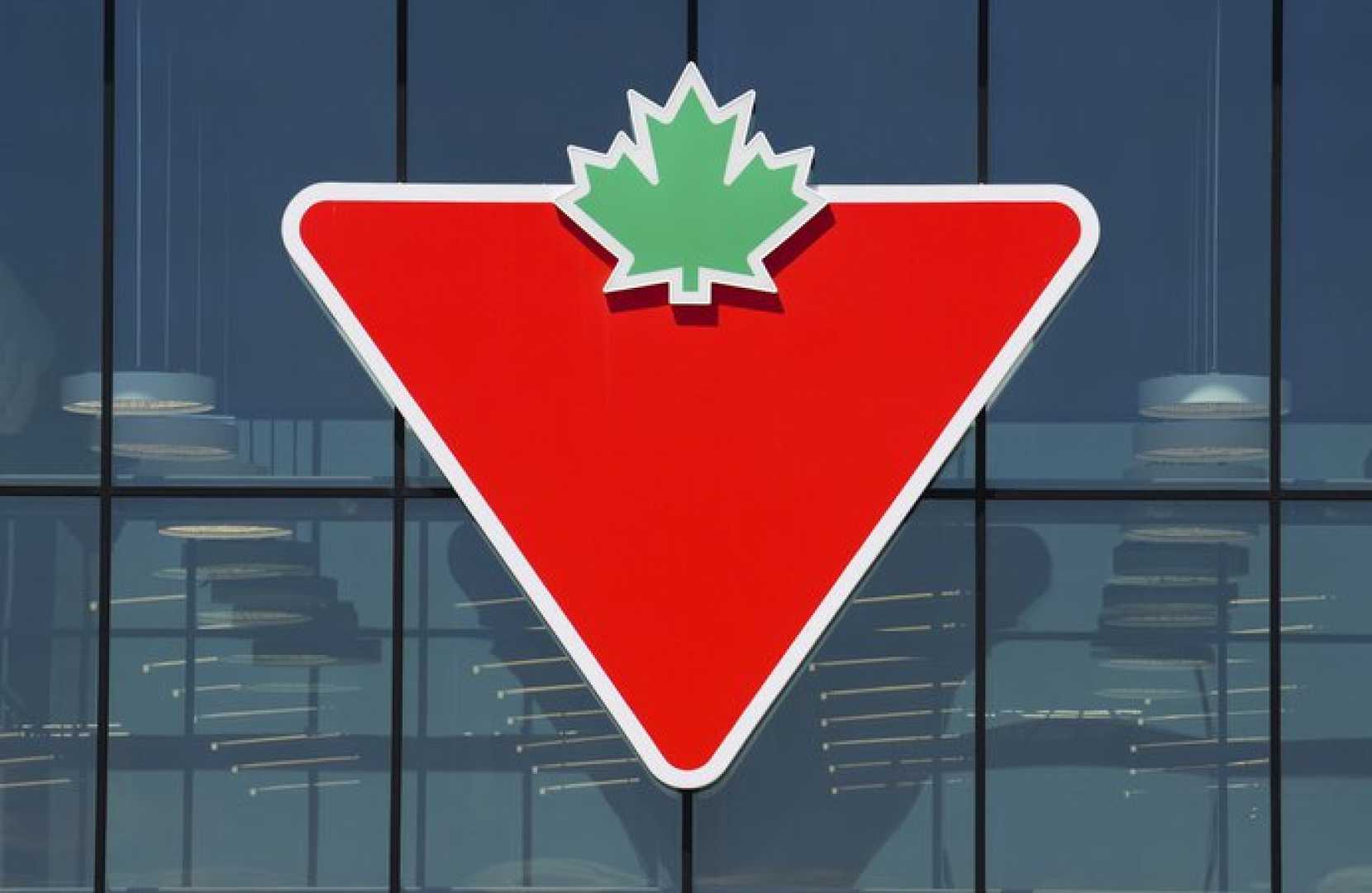Politics
Canada, Australia, and New Zealand MPs Push for Palestinian State Recognition

OTTAWA — Canadian Members of Parliament are collaborating with lawmakers in Australia and New Zealand to persuade their respective governments to acknowledge Palestinian statehood. NDP MP Heather McPherson is spearheading the effort among Canadian MPs, advocating for leveraging the collaborative work already undertaken by the three governments to advance a two-state solution.
“If that’s the way we can get them to move on some of these key issues that I think are so important, we’ll work together on that to put more and more pressure on those three governments,” McPherson stated. “It is, from my perspective, incredible that our policy of a two-state solution remains when we refuse to recognize the State of Palestine.”
In New Zealand, MP Phil Twyford is leading an initiative to formally recognize the State of Palestine. Twyford argues that such recognition would go beyond the current endorsement of a two-state solution, which envisages the establishment of a Palestinian state coexisting peacefully with Israel.
“It would send a very important message to the rest of the international community for our countries to back recognition of Palestine at this time, in a positive and constructive way,” he remarked.
Since December, Canada has engaged in signing three comprehensive joint statements with Australia and New Zealand that outline shared positions on issues related to Hamas, Gaza, Israeli hostages, and humanitarian aid. Lawmakers are currently recruiting additional MPs and senators for a virtual conference to strategize on collaborative actions, potentially involving issuing statements or leveraging legislative tools.
Irish lawmakers have been invited to join the conference planning, following Ireland’s recognition of Palestine in May alongside Norway and Spain. MPs in Ottawa, Canberra, and Wellington acknowledge that the conflict in Gaza has emerged as a major foreign policy concern, sparking significant protests and mobilizing younger demographic segments.
Australian MP Maria Vamvakinou highlighted that the issue is gaining prominence in her country’s upcoming elections. She pointed to the diaspora communities in both Canada and Australia as influential groups advocating for stronger governmental actions to resolve the conflict.
“We have very close relationships, very close bilaterals, and we have very similar sort of community experiences, also,” said Vamvakinou. “Given the work that our like-minded countries are doing in relation to this issue, it makes sense that there’s a parliamentarian-to-parliamentarian network as well.”
The initiative is being driven by MPs from the Labour parties in Australia and New Zealand, who, like Canada’s NDP, are part of the Progressive Alliance. They express the intent to involve MPs from diverse political parties across their countries to minimize retaliatory risks of diplomatic isolation.
Israel, meanwhile, has signaled potential diplomatic counteractions. Officials in Israel have threatened to restrict European diplomats’ access to checkpoints in response to any new recognition of a Palestinian state.
Twyford noted that the three countries involved have traditionally been strong allies of Israel yet also possess independent perspectives and a commitment to human rights. “Recognition of Palestine is a critically important step right now to convey to the international community that there must be a negotiated political settlement and Palestinians must be at the table,” he asserted.
In addressing the geopolitical tensions, figures including New Zealand’s foreign minister argue that the recognition of Palestine is a matter of timing, contingent on identifying legitimate Palestinian representatives, given the political fragmentation between the Palestinian Authority and Hamas.
Canada has initiated a study on the recognition of Palestine, following a motion passed by the Foreign Affairs Committee, despite conservative opposition expressing concerns about alignments with G7 standards.
MP McPherson emphasized the necessity of continuing dialogues on arms restrictions and sanctions against certain Israeli officials. “It’s important, but it cannot be the only thing that the government moves on,” she insisted. “It is not an opportunity to check a box and walk away.”
The United Nations has previously noted that 146 of its 193 member states have recognized the State of Palestine, underscoring the ongoing international contention underlying the issue.












